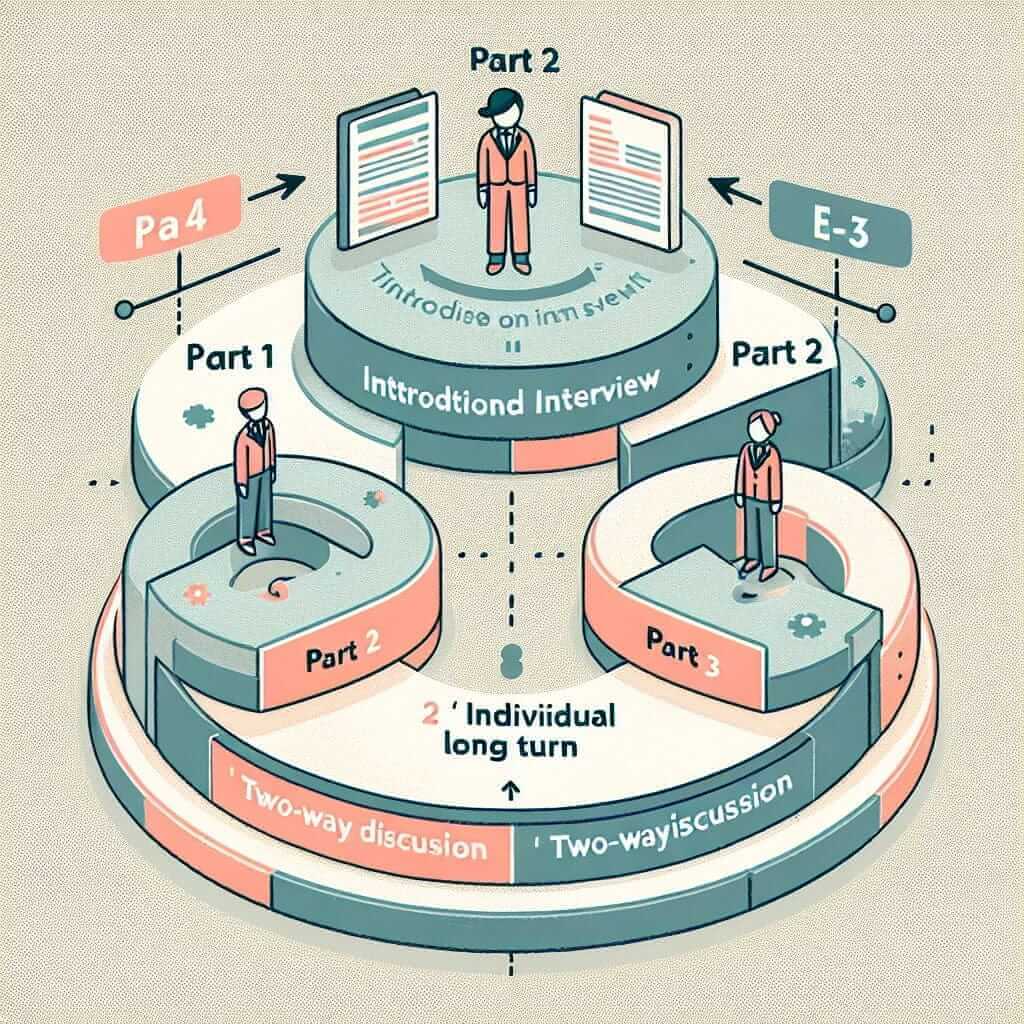As an IELTS instructor with over 20 years of experience, I often get asked, “How many words do I need for IELTS Speaking?”. While there’s no magic word count for success, understanding the role of fluency and coherence in your speaking is key.
It’s Not About the Number, It’s About the Delivery
Many candidates fixate on word count, thinking more words equal a higher score. However, the IELTS Speaking test assesses your ability to communicate effectively, not simply your vocabulary size.
Fluency and Coherence: The Real Metrics
The IELTS Speaking band descriptors emphasize fluency and coherence.
Fluency refers to your ability to speak smoothly and continuously, without excessive hesitation or self-correction.
Coherence relates to how well your ideas are connected and easy to follow. This involves using linking words, organizing your thoughts logically, and developing your answers comprehensively.
Word Count as a Guide, Not a Goal
While there’s no set word limit, aiming for a certain range can help you structure your answers effectively:
- Part 1 (Short Answers): Aim for 2-3 sentences per question, providing concise yet informative responses.
- Part 2 (Long Cue Card): Strive for a 2-minute monologue that’s well-structured and detailed. This typically translates to around 150-200 words.
- Part 3 (Discussion): Engage in a more extended discussion, providing thoughtful insights and justifications. Aim for responses that are around 4-5 sentences long.

Examples from IELTS Speaking Tests
Let’s examine how focusing on fluency and coherence, rather than word count, leads to better responses.
Question: What’s your favorite time of year? (Part 1)
Weaker Response: “My favorite is summer. It is very hot.” (Focus on word count, lacks development)
Stronger Response: “My favorite time of year is summer. I love the long, sunny days and the opportunity to spend time outdoors. Plus, it’s a great time to travel and explore new places.” (Fluently connects ideas and provides reasons)
Tips for Success:
- Practice Regularly: Engage in mock speaking tests and record yourself to analyze your fluency and coherence.
- Expand Your Vocabulary: A wider vocabulary allows for more precise and varied expression.
- Master Linking Words: Utilize cohesive devices (e.g., however, furthermore, on the other hand) to connect your ideas seamlessly.
- Focus on Communication: Remember, the goal is to convey your message clearly and effectively. Don’t prioritize word count over communication.
Conclusion
Don’t let the “how many words” question hold you back. Focus on developing your fluency and coherence, practice regularly, and remember that effective communication is the key to a successful IELTS Speaking performance.